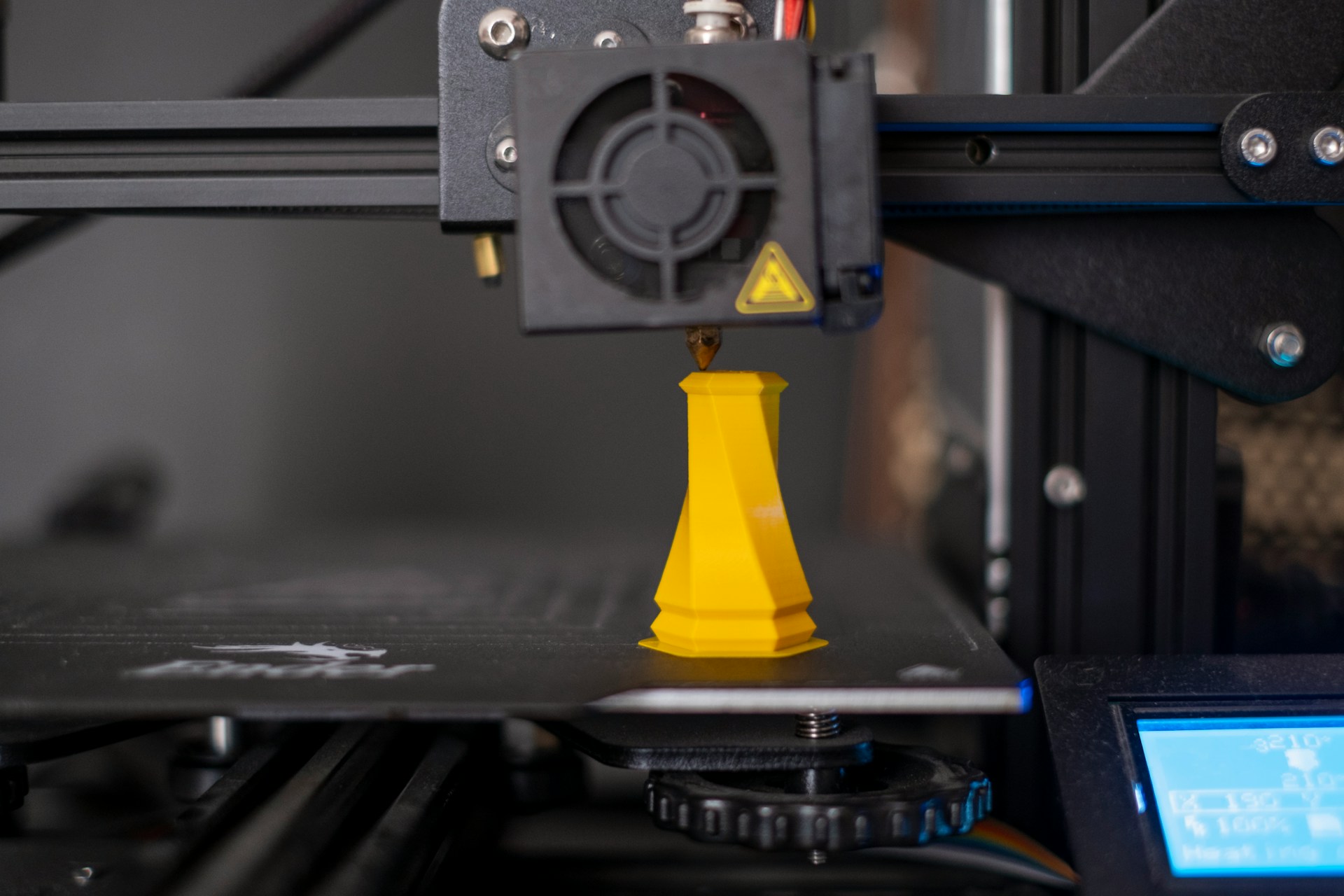How Job Management Software Helps Contractors Stay on Schedule and on Budget
Construction projects move fast, and even minor delays can ripple into major financial setbacks. Contractors juggle crews, materials, subcontractors, permits, inspections, and client expectations all at once. Without clear systems, schedules slip, costs creep upward, and communication gaps turn into expensive mistakes.
Digital tools have transformed how modern construction businesses operate, giving teams better visibility and tighter control over daily operations. One of the most impactful upgrades a company can make is adopting job management software contractors that can be relied on to centralize planning, tracking, and reporting. When used properly, these platforms do far more than store information — they actively support better decisions.
Staying on schedule and on budget is not just about working harder; it is about working with accurate data, streamlined workflows, and accountability at every stage. The right systems help contractors anticipate problems before they escalate, maintain financial oversight, and keep everyone aligned from the office to the job site.
Why Schedules Slip and Budgets Expand
Delays and overruns rarely stem from a single dramatic failure. More often, they result from small breakdowns that accumulate over time. A missed delivery, an unapproved change order, or unclear task ownership can disrupt timelines and inflate labor costs.
Manual processes increase this risk. Spreadsheets, handwritten notes, and scattered messages make it difficult to see the full picture. When project information lives in multiple places, teams waste time searching for updates instead of completing productive work.
Budget issues frequently follow schedule problems. Extended timelines mean more labor hours, equipment rentals, and overhead expenses. Without real-time cost tracking, contractors may not notice they are exceeding estimates until profits are already compromised.
Centralized Planning Improves Time Management
Effective scheduling begins with a clear, shared project plan. Digital platforms allow contractors to map out tasks, assign responsibilities, and set realistic deadlines in one place. This visibility helps teams understand how their work connects to the broader project timeline.
When plans change — and they often do — updates can be communicated instantly. Field teams receive revised schedules on their devices, reducing confusion and preventing outdated instructions from causing delays. This responsiveness is especially valuable when weather, supply issues, or inspection timing affect progress.
Using job management software contractors can also identify bottlenecks earlier. If one phase starts to fall behind, managers can reallocate resources, adjust sequences, or bring in additional support before the delay spreads to other areas.
Real-Time Cost Tracking Protects Profit Margins
Budget control requires more than a detailed estimate at the beginning of a project. Contractors need continuous visibility into labor, materials, equipment, and subcontractor expenses as the work unfolds.
Modern systems allow teams to log costs daily, linking them directly to specific tasks or cost codes. This level of detail helps project managers compare actual spending against the original budget in real time. Instead of discovering overruns at the end of the month, they can respond immediately.
Accurate tracking also supports better forecasting. If one category is trending over budget, managers can look for savings elsewhere or discuss scope adjustments with the client before financial pressure becomes critical.
Stronger Communication Reduces Costly Errors
Miscommunication is one of the most expensive problems on a construction site. Incorrect measurements, outdated drawings, or misunderstood instructions can lead to rework that eats into both time and budget.
Centralized communication tools keep conversations tied to specific projects, tasks, or documents. Rather than searching through email threads or text messages, teams can access the latest information in context. This reduces the likelihood of someone acting on outdated details.
Clear documentation also protects contractors in disputes. Records of approvals, changes, and instructions provide a reliable reference if questions arise about scope, timelines, or responsibilities.
How Digital Workflows Keep Projects Moving
Structured workflows ensure that critical steps are not skipped. Approvals, inspections, and change orders follow predefined processes, making it easier to maintain compliance and quality standards.
-
Work requests are submitted through standardized forms that capture all required details.
-
Managers review and approve tasks before resources are committed.
-
Field teams receive clear instructions along with relevant documents and specifications.
-
Progress is logged consistently, creating a reliable record of completed work.
-
Variations or issues are flagged early and routed to the right decision-makers.
This consistency reduces delays caused by missing information or unclear authority. It also helps contractors demonstrate professionalism and accountability to clients and regulators.
Better Resource Allocation Prevents Downtime
Idle crews and underused equipment drain budgets quickly. When scheduling and resource planning are disconnected, it becomes difficult to match the right people and tools to the right tasks at the right time.
Integrated planning tools provide a clear overview of workforce availability, skill sets, and equipment assignments. Managers can avoid double-booking teams or leaving resources unused while other areas of the project struggle.
Over time, this data also reveals patterns. Contractors can see which types of jobs typically require more labor or which equipment is frequently overbooked, supporting smarter planning on future projects.
Documentation and Compliance Support
Construction projects often involve strict regulatory requirements, safety standards, and contractual obligations. Missing documentation can lead to penalties, failed inspections, or payment delays.
Digital recordkeeping ensures that permits, safety checklists, inspection reports, and change orders are stored securely and can be retrieved quickly. This organized approach reduces administrative stress and helps contractors stay compliant without slowing down field operations.
Using job management software contractors can also streamline reporting to clients and stakeholders. Progress updates, cost summaries, and schedule forecasts can be generated from live data rather than assembled manually at the last minute.
Key Financial Benefits for Contractors
Beyond operational efficiency, structured project management has direct financial advantages. Contractors who maintain tighter control over schedules and budgets are better positioned to protect margins and build long-term stability.
Some of the most significant benefits include:
-
Earlier detection of cost overruns before they become unmanageable
-
Reduced rework caused by miscommunication or outdated information
-
More accurate invoicing based on verified progress and expenses
-
Improved cash flow through timely billing and documentation
-
Stronger client confidence, leading to repeat business and referrals
These outcomes are not just about convenience; they directly influence profitability and business resilience.
Data-Driven Decisions Improve Future Projects
Every completed project generates valuable information. When data is stored in an organized, searchable system, contractors can analyze performance trends and refine their processes.
They may discover that certain project types consistently run longer than expected or that specific phases tend to exceed budgets. With this insight, future estimates can be more realistic, reducing the risk of underpricing work.
Historical data also supports better negotiations with suppliers and subcontractors. Contractors can reference past performance to set clearer expectations and build stronger partnerships.
Building a More Predictable Construction Business
Predictability is one of the most powerful advantages a contractor can achieve. While construction will always involve variables, structured systems reduce uncertainty and provide clearer control over outcomes.
By combining centralized planning, real-time cost tracking, consistent communication, and detailed documentation, contractors create an environment where fewer surprises derail progress. Teams spend less time reacting to crises and more time executing well-organized plans.
Over time, this disciplined approach strengthens both reputation and financial performance. Projects finish closer to their original timelines, budgets remain under control, and clients gain confidence in a contractor’s ability to deliver as promised.



















